Addiction is a chronic neurobiological brain disorder marked by the inability of people to acquire drugs and use drugs despite substantial harm repetitively—meaning after they stop using drugs. It occurs again. This has left millions around the world scarred, one that has mostly led to immense health, social, and economic turmoil in almost every case. Understanding the science of Habit’s processes and how it impacts the brain and the body may further stimulate treatment approaches and the development of strategies for prevention.
Addiction is the word describing overwhelming desires for substances or acts with mind-changing consequences resulting in obsession. Habit—disease of the brain: something has gone wrong with the normal functioning of one’s brain concerning rewards, motivations, and memory. The behaviour notably includes use when one cannot abstain, stopping the unfortunate consequence and craving, and dysfunctional emotional response. Common addictive substances are alcohol, drugs, nicotine, and behavioural obsessions, which include gambling, the internet, and junk food.
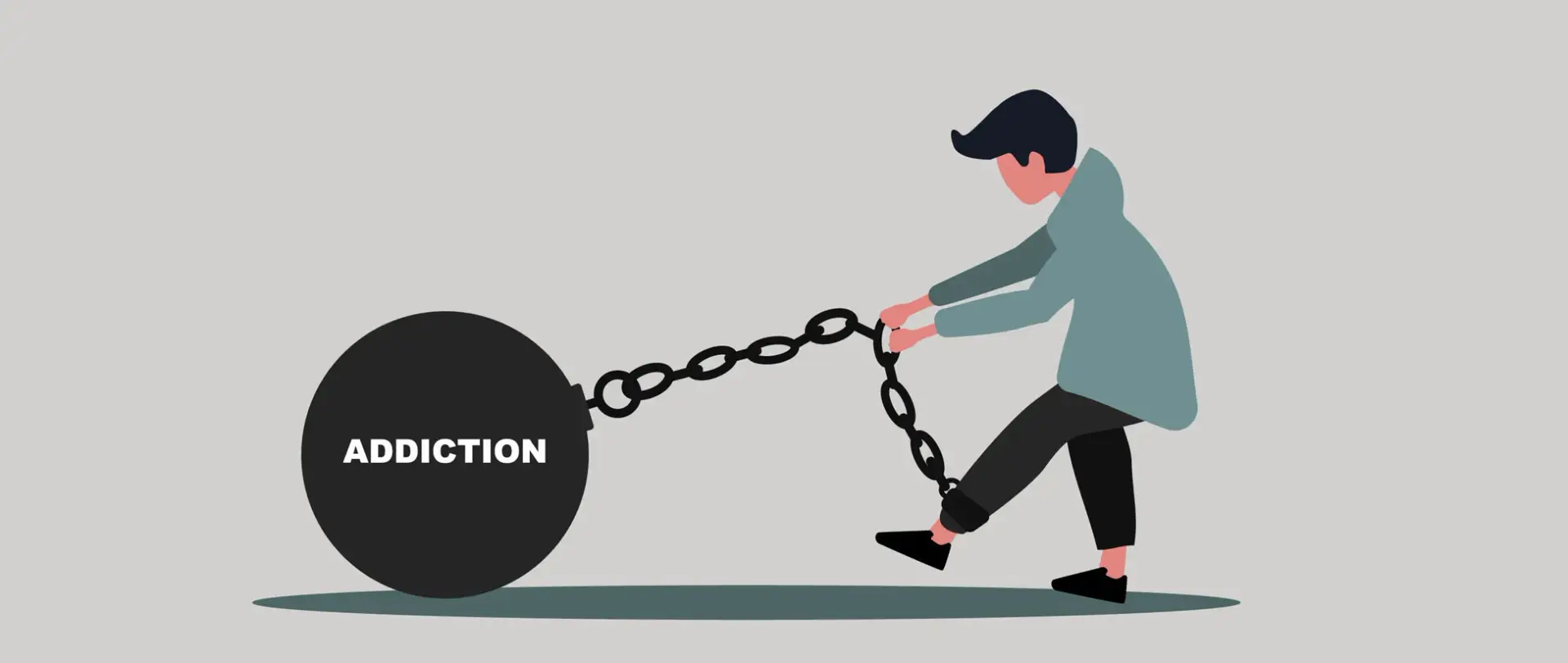
How Addiction Affects the Brain
The brain is the master control centre of the body that regulates mood, memory, and other behaviours. Addiction disrupts the normal brain functioning processes, leading to changes in brain structure and function.
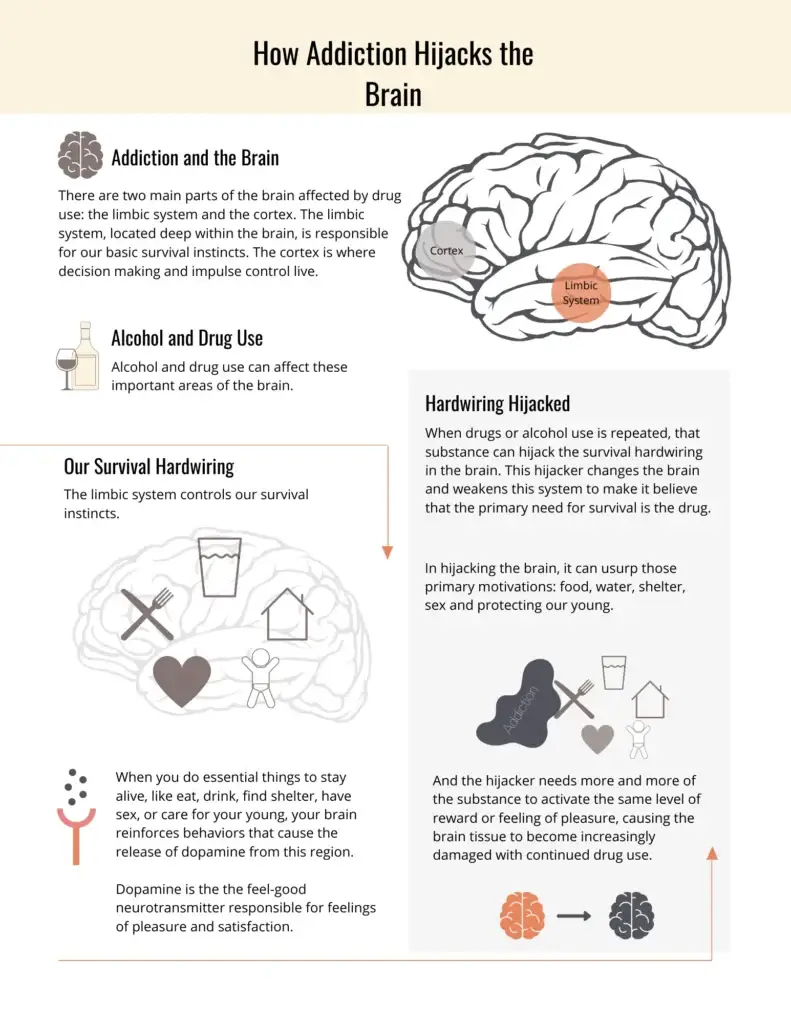
1. The Brain’s Reward System
The neurotransmitters responsible for the brain’s reward system include dopamine, which is prominently accountable for pleasure in the brain system reinforcement. When one engages in rewarding activities, the brain region’s activity increases, and dopamine is released, resulting in a feeling of elation. These addictive substances and addictions from behaviours, like pornography, result in an overflow of dopamine, pushing the behaviours with repetitive actions to need.
2. Structural Brain Changes
Long-term use of drugs modifies brain function, with emphasis on the thalamocortical cycle, places controlling judgment, learning, and appropriate response to stimuli, and memory. The prefrontal cortex is damaged, leading to an executive function deficit, which, in turn, leads to poor judgment and loss of control over impulses, characteristic of addiction.
3. Tolerance and Dependence
Long-term use causes the brain to adapt to the substance and develop tolerance. This implies that higher doses are required to attain the initial effect. Dependence is created because the brain has adapted to the substance and becomes reliant on it to work in a normal manner, such that in the absence of the substance, it shows withdrawal symptoms.
How Addiction Affects the Body
Much more than that, Dependency effects have massive impacts on the body, affecting different organs and systems. Such physical effects can also be serious and sometimes life-threatening.
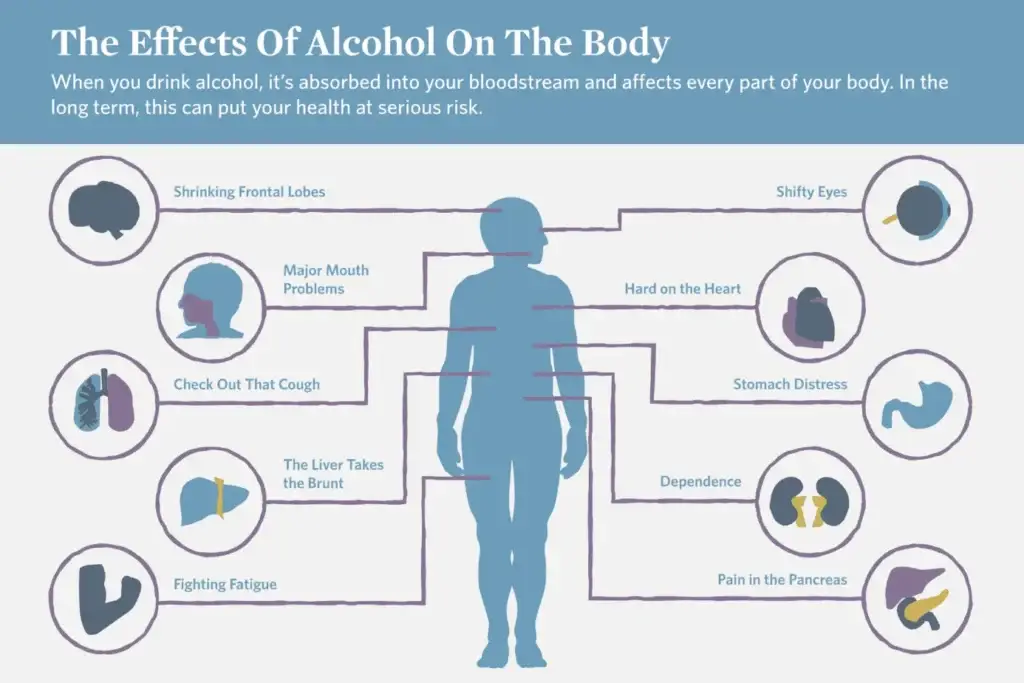
1. Cardiovascular System
Consequences in terms of the abuse of substances include heart disease, high blood pressure, and stroke. Stimulants such as cocaine and methamphetamine increase the heart rate and blood pressure, while depressants including alcohol can weaken the heart muscle. Addiction to these substances exacerbates these health issues.
2. Respiratory System
Respiratory damage from smoking and inhaling drugs can lead to chronic bronchitis, emphysema, and lung cancer. Addiction to opioids may also depress respirations, leading to possible acute respiratory arrest.
3. Liver Damage
It is the organ that metabolizes various substances, and continuous alcohol or drug abuse results in hepatic damage, cirrhosis, and hepatic failure.
4. Gastrointestinal Problems
Nausea, vomiting, abdominal pain, and indigestion; opioids slow the movement of bowels that result in constipation.
5. neurological effects
Addiction can cause numerous neurological disorders such as seizures, strokes, and even brain damage. It can also cause psychiatric disorders like anxiety, depression, and psychosis based on the extended use of drugs.
Psychological View of Addiction
Although craving is not a physical disease in itself, it has massive inherent implications from a psychological point of view. Indeed, many psychological disorders are at the core of this compulsory behaviour.
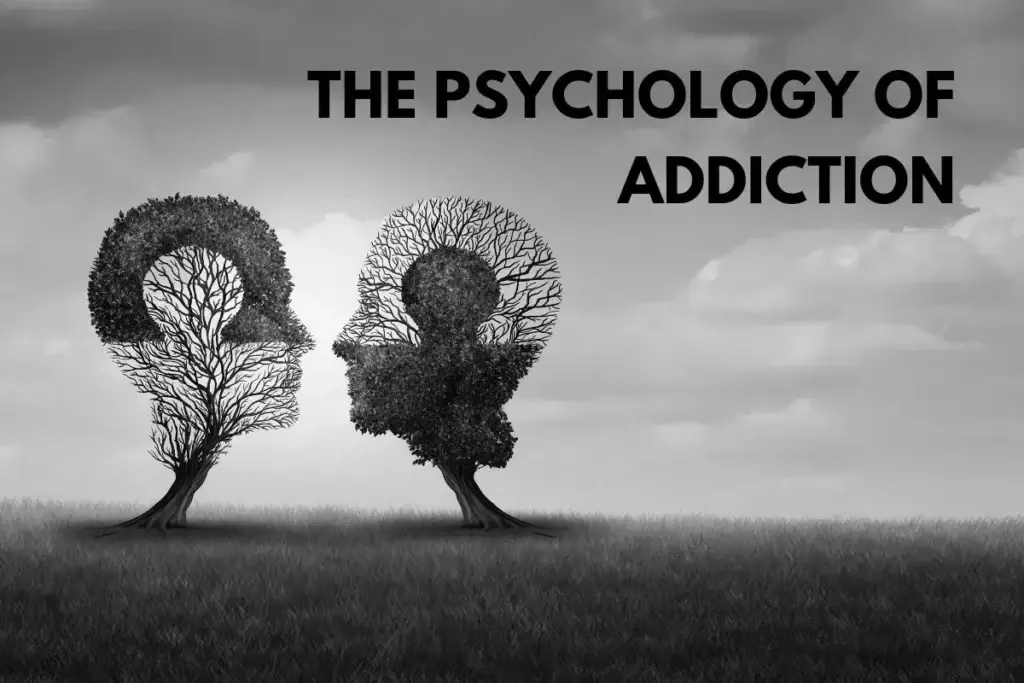
1. Emotional Triggers
Stress, trauma, or mental illness may be a trigger that starts someone on drugs or alcohol. People often turn to substances for relief from their negative feelings, hence becoming dependent.
2. Behavioral Changes
Changes in behaviour accompany habits: adductors become riskier, isolate themselves, and dodge responsibilities. These behaviours deepen their addiction, thus making it difficult to quit.
3. Cognitive Distortion
Addicted persons usually make cognitive distortions, such as denial, rationalization, and justification, so that they may continue using the substance. Such thought processes become a barrier to any recovery process.
Treatment and Recovery
Effective addiction treatment addresses three principal levels: physical, psychological, and support systems. It can, therefore, be treated in three primary ways: medical, behavioural, and support systems. Addiction treatment thus becomes a multi-faceted approach aimed at alleviating the physiological as well as the psychological parameters of substance use disorders. Effective treatment does not simply help recuperate from dependence but empowers individuals to live up to the best of their ability.
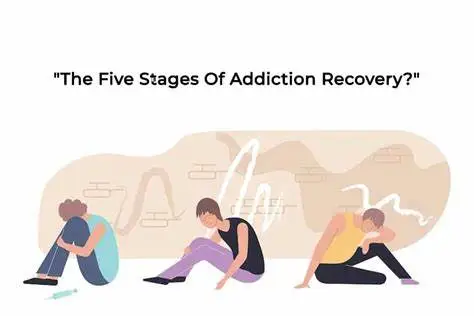
1. Medical Detoxification
Addiction begins with medical treatment by enabling patients to quit immediately. In this regard, detoxification, which involves the removal of a substance to avert withdrawal under the careful eye of doctors/nurses, makes this possible.
2. Behavioral Therapy
Behavioral therapies, such as cognitive-behavioral therapy and contingency management, help an individual learn about and alter their addictive nature. Therapy also involves treatment of any co-occurring mental issues that may have led to addiction.
3. Support Groups
Support groups, such as AA and NA, offer a network of other individuals experiencing the same issues in life that addiction brings about. Support groups offer the DisplayMember emotional support and practical advice on staying sober.
4. Medication-Assisted Treatment
MAT combines medication with counselling or therapy to treat disorders related to substance use Habits. These medications, such as methadone, buprenorphine, and naltrexone, reduce the degree of craving and other withdrawal symptoms, making a recovery from addiction more manageable.
5. Holistic Approaches
Other holistic approaches that can supplement traditional treatment include mindfulness, yoga, and acupuncture. Such practices in managing stress, and improving mental well-being, and general health are helpful.
Additionally, taking time to travel and experience new environments can be beneficial for mental health recovery. If you’re looking for some inspiration, discover the best travel destinations for 2024: must-visits. Travel can offer a much-needed break, new perspectives, and a refreshing change of scenery that supports overall well-being.
Prevention Strategies
At the same time, addiction prevention means ensuring that things that Encourage people to start using drugs are well taken care of, as well as encouraging ways of living healthily. Education, early intervention, and community support are an important part of the process of addiction prevention.
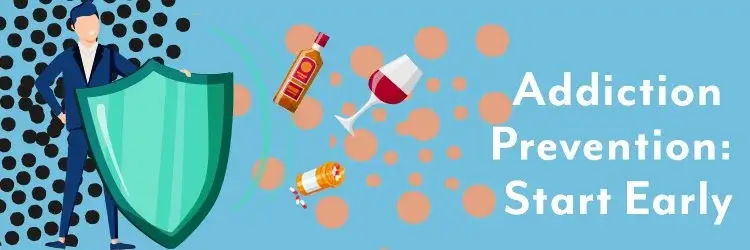
1. Education and Awareness
To prevent the beginning of addictive behaviours, people need to be explained the risks of substance use and the signs of addiction. Correct information and resources must be given to the people at the schools, workplaces, and community levels.
2. Early Intervention
Early detection and treatment of substance use can prevent addiction. Family members, instructors, and health professionals should be aware of early warning signs and make contact to help.
3. Community Support
Moreover, communities prevent addiction within them by providing conducive environments for individuals. It provides access to sports activities, counselling services, and substance abuse programs.
Conclusion
Addiction is a complex disease that affects a person’s brain and body tremendously. Addiction science can help to guide and develop effective treatment and prevention. Physical and psychological addiction addressed in treatment allows for the possibility of long-term recovery and leading healthier, self-dependent lives. The World Health Organization provides guidelines on effective treatment approaches for substance abuse disorders.
Further, it should permit social support systems with policy measures that reduce the availability and attractiveness of addictive substances or behaviours.

